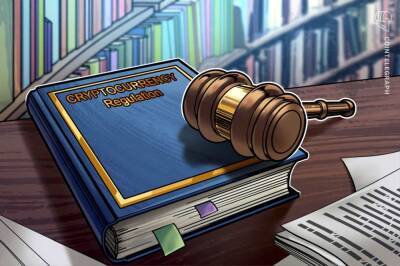Is a scammer getting unemployment benefits in your name? Victims will find out this tax season
Many victims of identity theft linked to unemployment fraud will learn of the crime this tax season.
Such fraud — whereby organized crime rings and other thieves use stolen personal data to claim unemployment benefits in others' names — has surged during the Covid-19 pandemic.
Victims unaware of an identity breach may get an unwelcome surprise: a 1099-G tax form.
The form, issued by a state unemployment agency, lists the total unemployment compensation collected over the year. The IRS treats benefits as taxable income; recipients generally report the 1099-G data on their federal income tax return.
Fraud victims will get a 1099-G form for benefits they didn't receive, or for a larger sum than they collected. Identity thieves got those funds instead, leaving victims to deal with the fallout.
(Some victims may be notified of the fraud by their employer. A state unemployment agency may contact the employer to verify a layoff before issuing benefits.)
Here's the good news: Victims won't owe tax on those funds. But there are steps victims should take quickly to protect their identity; not doing so could have severe financial repercussions like damaged credit or having bank accounts opened in their name.
«By the time the fraudster has applied for unemployment insurance, who knows what else they used your identity for,» according to Michele Evermore, a senior policy advisor for unemployment insurance at the U.S. Department of Labor.
Identity theft was especially acute in 2020, when millions of people were likely victims, Evermore said.
Criminals were lured by new federal programs that offered larger-than-usual sums of weekly aid and had relatively lax claiming requirements, which helped expedite funds to the jobless at a time of
Read more on cnbc.com

















